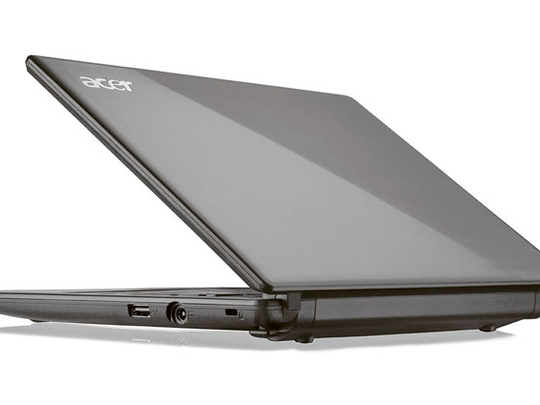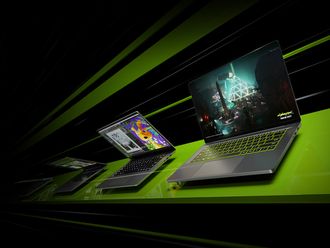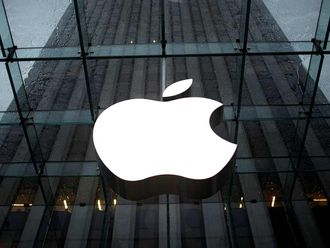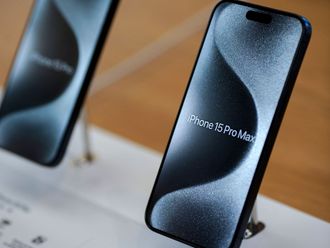
What is it?
It's not a netbook, it's not a tablet, it's not a PC and it's definitely not the laptop as you know it. It's Google's latest attempt to take computing to the next level: It's the Chromebook.
Coming a good two years after the launch of the Chrome, this is the internet giant's latest swipe at Microsoft, on whose operating systems most of the world's computers run. The Chromebook, whose focus will be web browsing, wants to give you the power of the internet, like you've never experienced before.
Big words there. So what's special about it?
First the promises. Google has said the new devices (to be manufactured by Acer and Samsung) will store everything online using cloud computing. This means no pesky hard drives to back up. The idea is also to enable users to walk up to any internet-connected computer to access their information. It also eliminates the need for software updates and because everything is stored in the air, it takes just a few seconds to boot up.
Essentially, this means that your laptop as you once knew it would now serve as little more than a display terminal connected to the internet and working with all this information that's up in the air. The scope and possibilities are enormous here, but just how many people will adopt it is another matter.
What are the concerns?
Well, mostly the cloud-computing element. Some critics have argued that the users will struggle to warm up to the idea of storing all their personal information and files in the air. It's quite radical, if you think about it.
And while Google is positive it will catch on, it will still need to work all the harder to convince people this is a safe and secure proposition.
One columnist has even called the hardware "ugly".
When will it come out?
June 15. The US, of course, will be the first to get it, followed by Britain, France, Germany, the Netherlands, Italy and Spain.
Samsung and Acer will be the first manufacturers. Acer's Chromebook, at $349 (Dh1,282), will have an 11.6-inch screen display and up to 6 hours of battery life. Samsung's version, selling for $429-$499 (Dh1,575-Dh1,833), will have a 12.1-inch screen and up to 8.5 hours of battery life. Both models will have keyboards but no hard drives for storage. They will both come with 16 gigabytes of flash memory.












